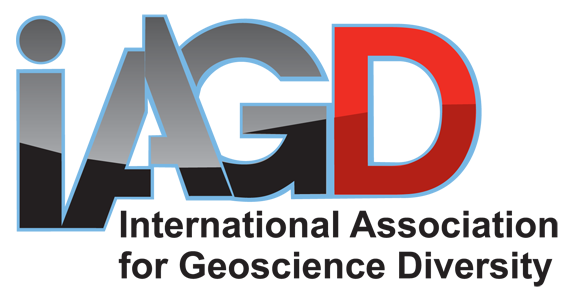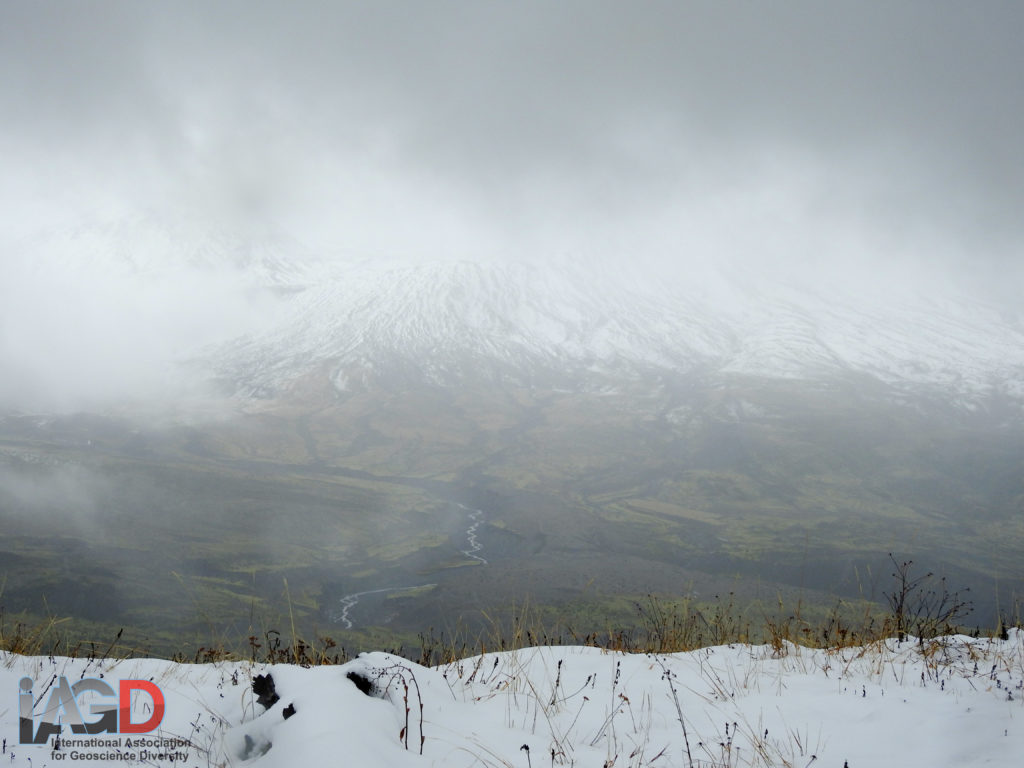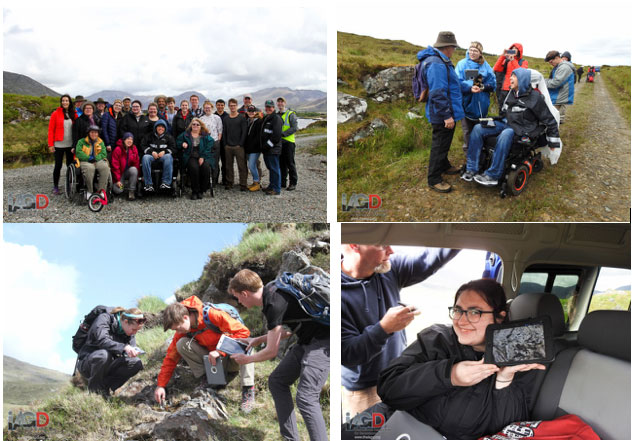Current Topics on Access and Inclusion
By Gretchen Miller, IAGD Executive Counselor
Blind students learn to think like scientists with revolutionary traveling toolboxes
Several groups in Utah are developing educational toolboxes to teach evolutionary biology to visually impaired K-12 students. The toolboxes use tactile models, graphics, maps, etc. to give students the opportunity to discover scientific processes related to biology. For example, 3D printers are being used to replicate carapaces of several different Galapagos Island tortoises to give students the opportunity to explore their differences by touch. This will aid their understanding of evolution on the different islands. The toolboxes are still in development, and should be available for Utah schools to rent, free of charge, by next year. There are also plans to develop an auditory toolbox to augment the tactile activities.
To view the full article: Blind students learn to think like scientists with revolutionary traveling toolboxes (2015, January 6), please visit: http://phys.org/news/2015-01-students-scientists-revolutionary-toolboxes.html
Batman episode of This American Life
This is a radio program about expectations and allowing blind people to interact with their environment in different ways, and removing the “blind people can’t do those things” stigma. Most people (myself included, before I got involved with IAGD) do not realize that people with disabilities are quite capable of doing the same things we do. They may do it a different way than we do, but they can still do whatever they set their minds to. As our society tries to protect individuals with disabilities, we may actually be limiting them by not letting them do the things they want to do. Even though this program is not directly related to geoscience, it is clear that blind people CAN do those things, if we let them!
Link to the full radio program and transcript: http://www.thisamericanlife.org/radio-archives/episode/544/batman







